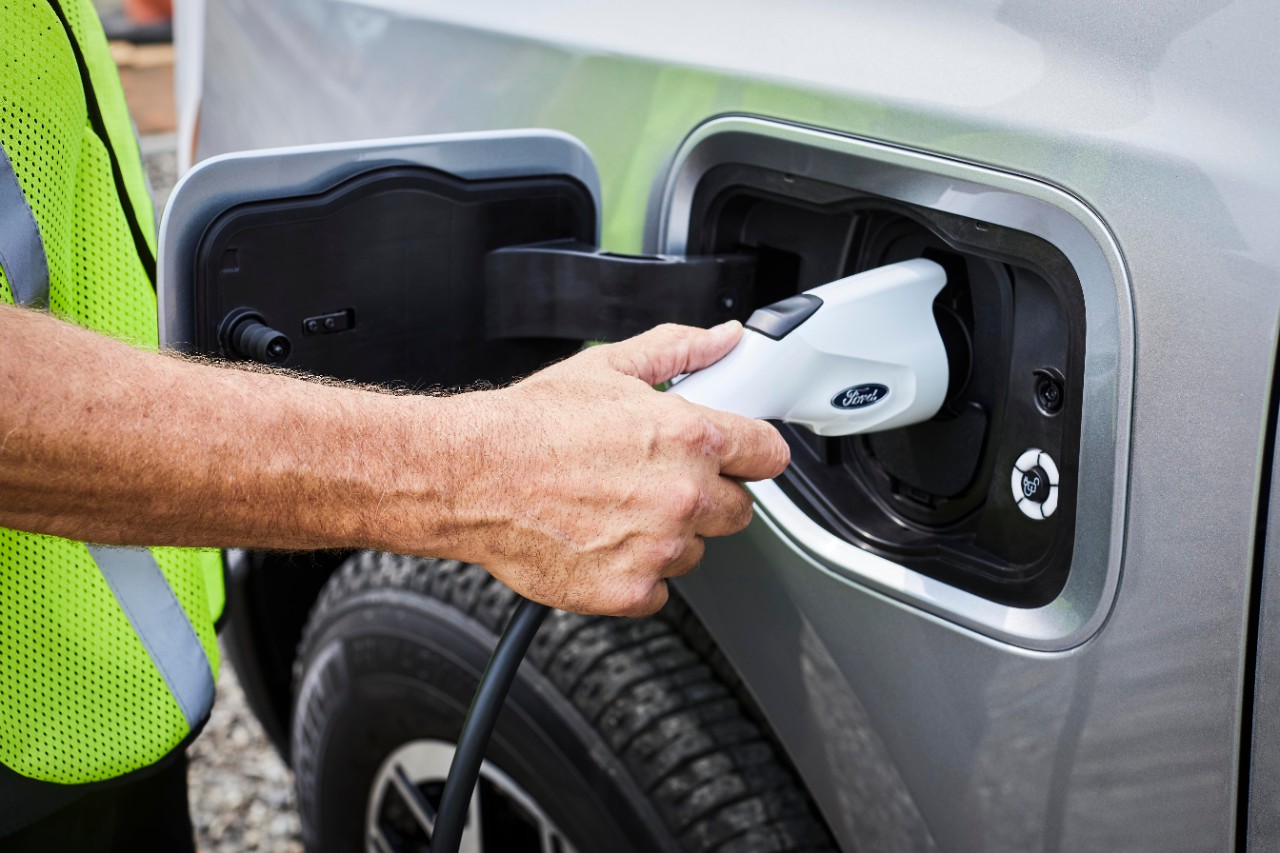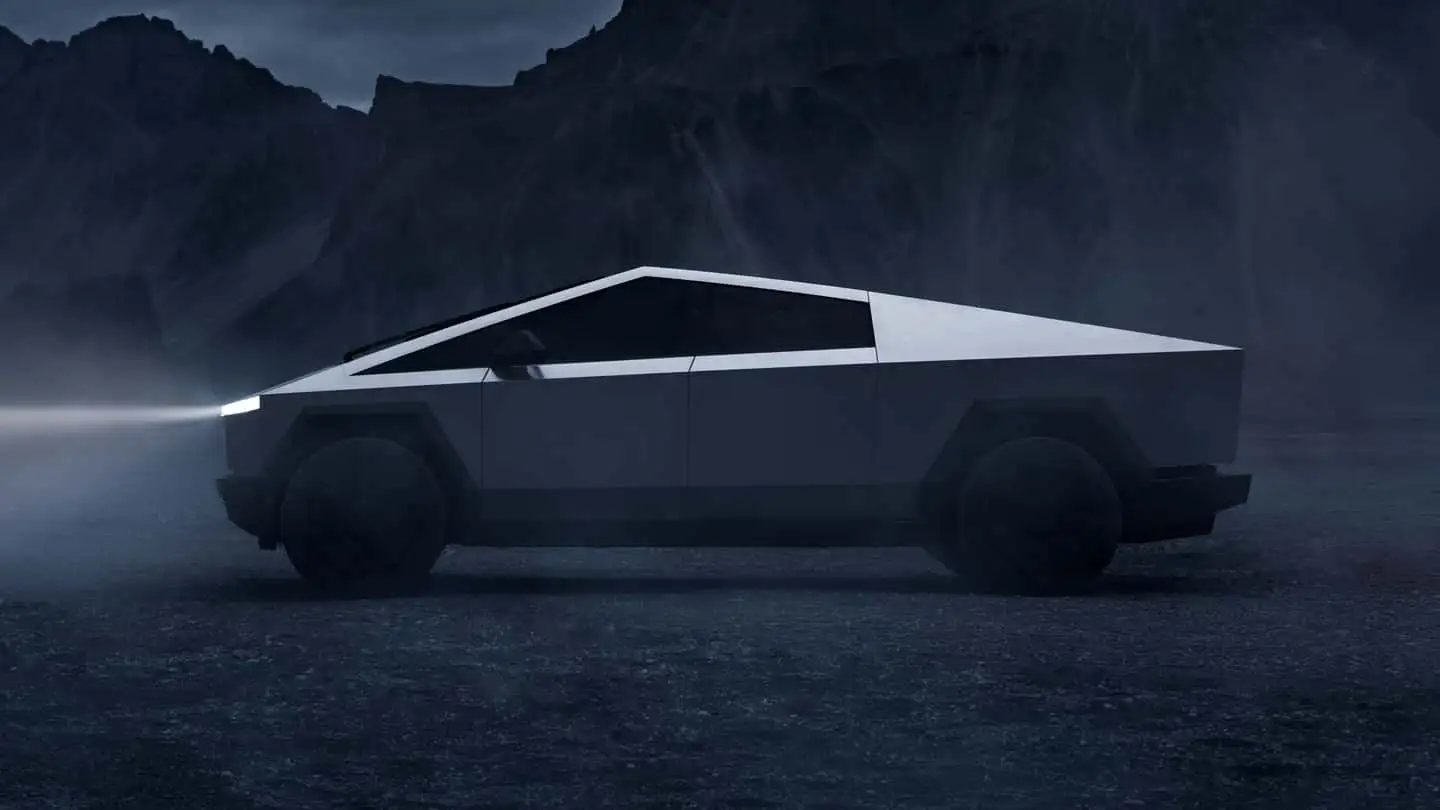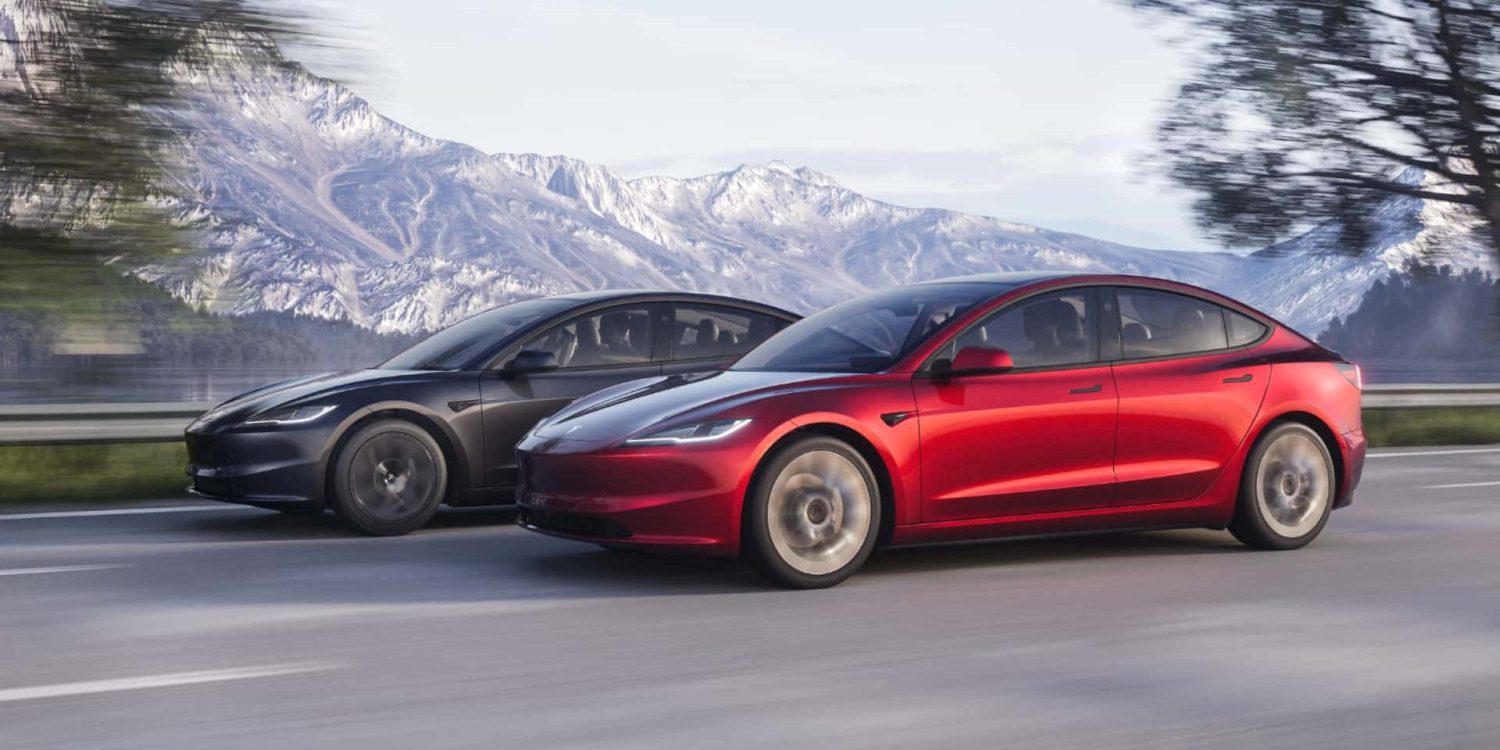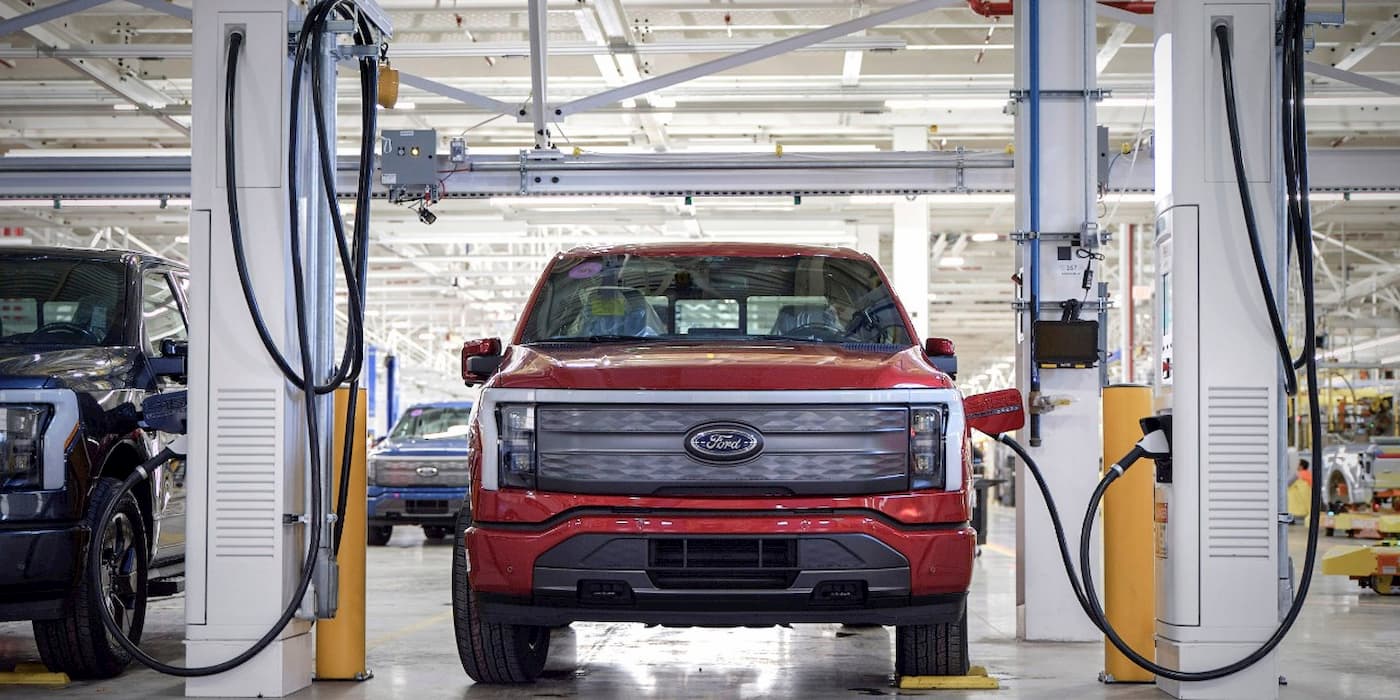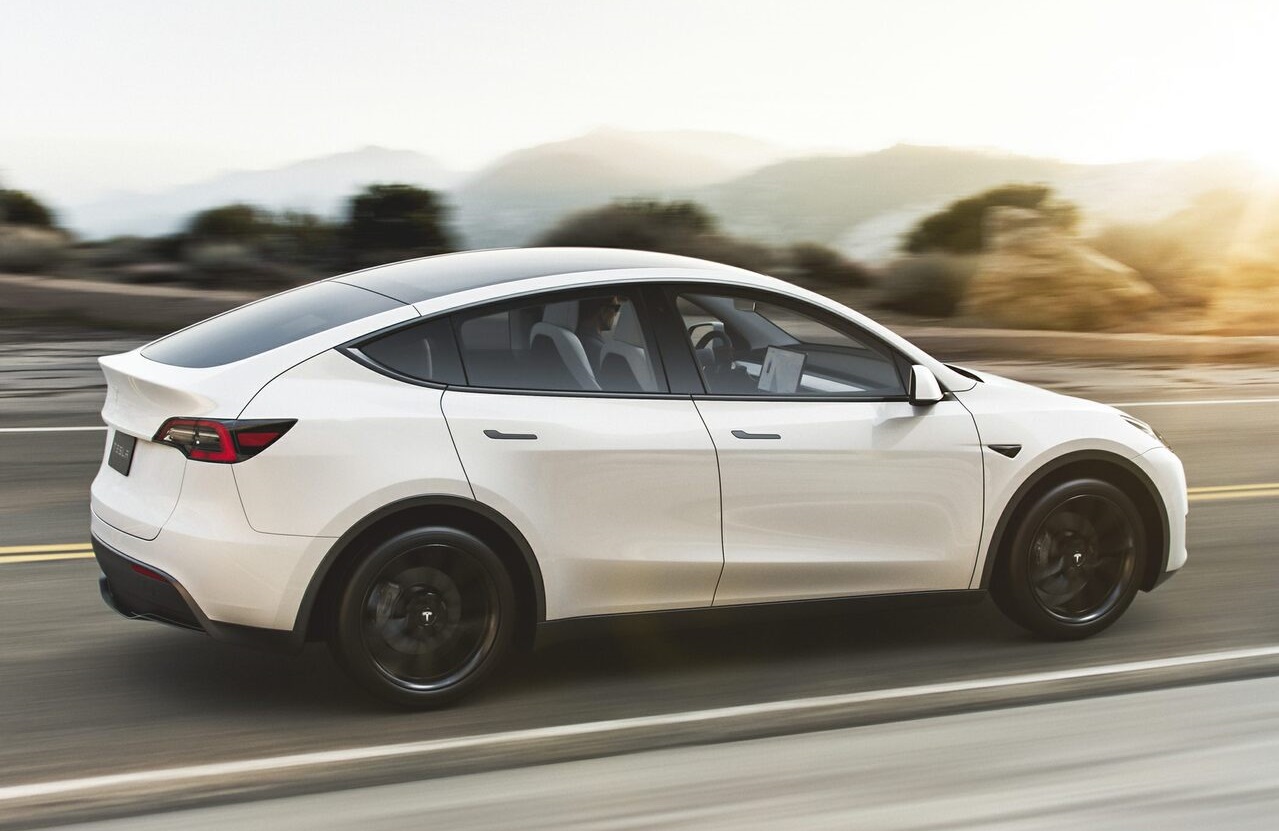Canada is anticipated to announce a significant initiative on Tuesday, potentially requiring all new cars sold in the country to be zero-emission by 2035. According to reports from Reuters and CBC News, the transition will unfold gradually, with zero-emission vehicles targeted to represent 20% of all new car sales in 2026, escalating to 60% by 2030 and reaching a complete phase-out by 2035.
While not explicitly a ban on internal combustion engines, indications suggest that plug-in hybrids will be included in the zero-emissions category, alongside electric and hydrogen-powered vehicles. The proposed regulations, known as the Electric Vehicle Availability Standard, reportedly aim to compel automakers to produce a sufficient number of affordable zero-emission vehicles to meet growing demand.
See also: Volkswagen’s PowerCo Completes Preparations for Battery Cell Factory in Canada
According to CBC News sources, these regulations are designed to ensure automakers earn credits demonstrating compliance with the specified targets. The credit system will be based on the number of low- and zero-emission vehicles sold, potentially favoring ‘traditional’ zero-emission vehicles with higher credit allocations than plug-in hybrids. Additionally, automakers may earn credits by contributing to the enhancement of Canada’s charging infrastructure.
Scheduled to take effect from the 2026 model year, these regulations present a challenging timeline for automakers. Reports suggest that in cases where automakers fail to accumulate sufficient credits, they may have the option to purchase them from other manufacturers with surplus credits. Further details and potential industry responses are expected to be clarified with the official announcement.

